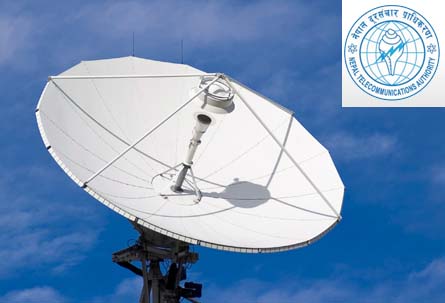Regulator fails to bring ‘merger policy’ for telcos
Kathmandu, December 31
Though the Nepal Telecommunications Authority (NTA) — telecom sector regulator — had earlier prepared to introduce a policy allowing domestic telecom companies to merge, the authority has revoked this plan.
Primarily, the telecom sector regulator retracted from introducing the merger policy after stakeholders, including the Ministry of Communications and Information Technology (MoCIT), raised questions against a few provisions incorporated in the draft of the merger policy, informed an official at NTA on condition of anonymity.
“The leadership at MoCIT wanted to give equal share to merging firms in the new company which is not possible. As we could not come to a common understanding on different provisions of the draft, we revoked the plan to allow mergers among telecom firms,” said the official.
However, the NTA official said that a merger policy in the telecommunication sector is necessary as it will help increase competition in the sector. The initiative to introduce a merger policy was also backed by NTA’s plan to reduce the number of telecom firms operating in Nepal to three.
Currently, there are six telecom service providers in Nepal — Nepal Telecom (NT), Ncell, UTL, Smart Telecom, Nepal Satellite Telecom and STM Telecom.
As per NTA, the high number of telecom firms in a small country like Nepal is a setback to fair competition and does not ensure stability of telecom operators.
The draft of the merger policy prepared by NTA had set certain preconditions for telecom firms to merge. As per draft, telecom firms that have over 40 per cent current market share in the telecommunication industry would not be allowed to merge with any other company. Also, only telecom firms with current market share of less than five per cent would be allowed to go for merger. The draft had also envisioned disallowing telecom companies to merge with each other if their combined market share crossed 40 per cent after the merger.
Such provisions in the draft of the merger policy basically intended to promote telecom firms with low market share. Two major telecom companies — NT and Ncell — could not merge under the aforementioned clauses as the market share of both NT and Ncell is above 40 per cent. The policy intended to promote UTL, Smart Telecom, Nepal Satellite Telecom and STM Telecom to merge with one another.
NTA had discouraged merger between NT and Ncell citing that allowing them to merge will result in a monopoly of one particular company in the market.






